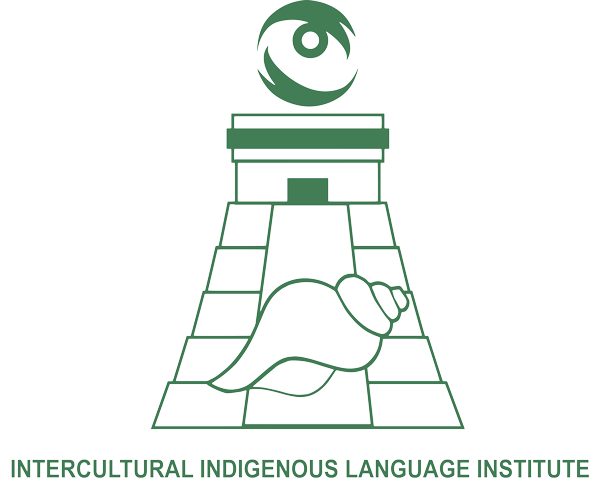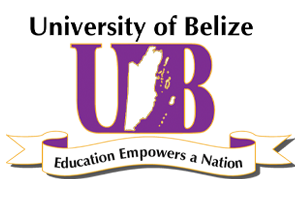Intercultural Indigenous Language Institute

The University of Belize recognizes its duty to meet the current and future national needs of Belize. In its mission, the University projects itself as a higher institution at the “service for national development.” It also states that it is a catalyst for change “providing relevant educational and training programs that address national needs”. In fulfilling its mission, the Intercultural Indigenous Language Institute creates programs that help to address the systematic marginalization of the Indigenous of Belize. It contributes to the sustainable human development of Belize by focusing on the Indigenous, who have been side-lined and whose knowledge systems and languages have been historically discredited and disparaged.
The recognized Indigenous and linguistic groups of Belize have the right to the dignity and diversity of their cultures, traditions, and aspirations. They have endured historic injustices that halted their progress according to their needs and interests. As the leading educational institution in Belize, the university provides a space in the curriculum and community for Indigenous identities, rights, languages, and knowledge systems to be reflected in higher education. The approach entails equitably partnering with Indigenous communities to maintain a shared responsibility for programs initiated and implemented in particular communities within and outside the university. It ascribes to the vital principle of ‘nothing for us without us,’ which posits that effective and inclusive participation mechanisms are identified and used for programs that entail Indigenous peoples. Careful consideration is made to curb the potential of continued exploitation through academic processes. Therefore, the institute follows principles that engage with free prior, informed consent, and recognizing barriers and challenges within communities. The paradigm shift is a decolonization approach that respects from a philosophical and practical standpoint. The institute works with Indigenous peoples but does not propose speaking on behalf of Indigenous communities.
